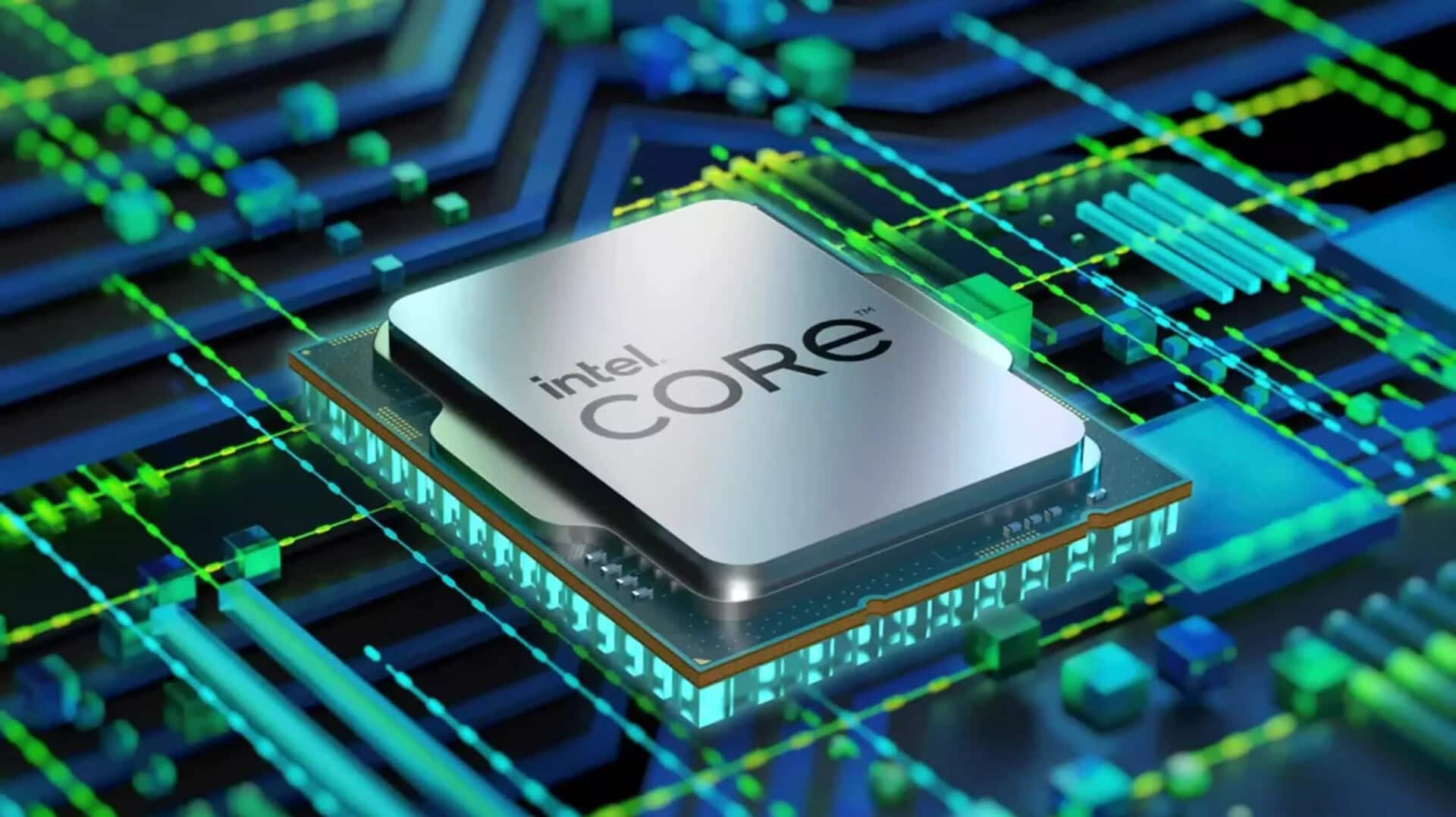
Intel's CPU crisis worsens as more affected models surface
What's the story
The crisis involving Intel's 13th- and 14th-generation CPUs has escalated, affecting more models than initially projected. Despite Intel's previous assurance of having identified the instability source and preparing a patch, recent reports indicate that this patch will not resolve issues for processors already experiencing crashes. The company had earlier promised a patch release by next month's mid-point, but this solution now appears ineffective for already crashing processors.
Widespread impact
All 65W and higher CPUs affected by Intel's crisis
The crashing issue is now known to affect all 65W and higher CPUs, including mainstream non-K models and their K/KF/KS variants. The K/KF/KS variants, designed for overclockers with unlocked multipliers for higher performance tuning, are more susceptible to instability when pushed beyond standard operating conditions. Conversely, mainstream non-K models typically offer more stable performance due to their locked multipliers.
Ongoing investigation
Intel investigates root cause of CPU crashing issue
Intel has identified erroneous microcode instructing the CPU to request more voltage than is safe as the root cause of the problem, potentially leading to irreversible damage. However, according to Intel spokesperson Thomas Hannaford, high voltage is not the only factor causing these issues. The company continues its investigation into other potential causes contributing to this widespread processor instability.
Interim solutions
Intel recommends temporary fixes amidst CPU crisis
Intel has suggested that owners use Intel Default Settings in their motherboard BIOS while awaiting the microcode update. However, this is not a guaranteed solution to the problem. For customers whose processors have already incurred damage, replacing the processor appears to be a more viable option than adjusting BIOS settings. The company has yet to provide any estimates on how many chips are likely to be irreversibly affected by this issue.